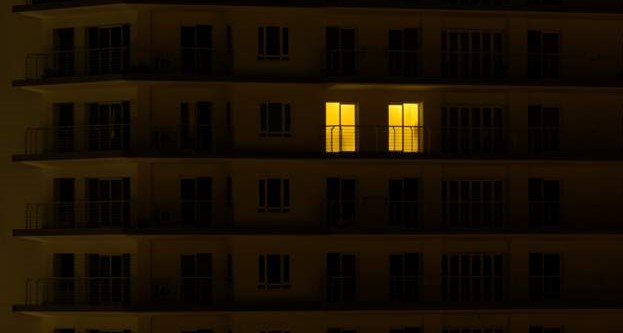OVER a year after the Federal Government pledged to subsidise electricity for Nigeria’s public hospitals and universities, the promise remains unfulfilled, leaving these critical institutions grappling with crippling power bills that reportedly run as high as ₦300 million monthly in some cases.
News Point Nigeria reports that the pledge was made in August 2024 by the Minister of Power, Adebayo Adelabu, during a live radio programme in Ibadan, where he assured Nigerians that government would cushion the impact of tariff hikes even for health and academic institutions on Band A, the highest-paying category of customers who receive 20+ hours of daily electricity.
“For the ones that are properly health- and education-related, we are ready to subsidise them, even if they are on Band A. Discos will collect a certain amount, and the government will pay the balance,” Adelabu declared at the time.
However, 13 months later, no policy framework, implementation guideline, or follow-up communication has been issued by the Ministry of Power, the Nigerian Electricity Regulatory Commission (NERC), or any other relevant agency.
Officials at several federal universities and tertiary hospitals confirmed to News Point Nigeria that they still pay full commercial rates, which they say are eating deep into their budgets and threatening their ability to function.
“We are barely staying afloat. Our budget projections were made with the expectation of some form of subsidy. Instead, we are spending more on electricity than on essential research and patient care,” one teaching hospital administrator lamented.
Last year, the University of Lagos was even disconnected by the Eko Electricity Distribution Company (EKEDC) over unpaid bills, a situation many fear could repeat if the government does not intervene.
The All Electricity Consumers Protection Forum accused the minister of making a “political statement” without securing Federal Executive Council (FEC) approval.
“There is no subsidy plan in place. NERC officials have admitted there is no directive to implement such a subsidy. How do you implement a policy that doesn’t exist officially?” said National Coordinator Adeola Samuel-Ilori.
Energy expert, Prof. Dayo Ayoade of the University of Lagos said that while subsidising electricity for schools and hospitals is necessary, subsidy regimes are often plagued by corruption, poor targeting, and fiscal unsustainability.
“The bigger question is how to design a mechanism that supports essential services without creating another subsidy black hole,” Ayoade explained.
“Investing in long-term, off-grid solar and hybrid power solutions is a more sustainable route, but that requires planning and capital investment.”
Instead of implementing the subsidy, the Federal Government now appears to be shifting focus to renewable energy solutions.
According to the minister’s media aide, Bolaji Tunji, the Rural Electrification Agency (REA) is spearheading a solar power rollout for select federal universities and teaching hospitals across the country.
Among the projects completed or ongoing:
University of Maiduguri & Teaching Hospital (Borno): 12MW Solar Hybrid System
University of Calabar & Teaching Hospital (Cross River): 7MW
Michael Okpara University of Agriculture (Abia): 3MW
Federal University of Agriculture, Abeokuta (Ogun): 3MW
University of Abuja (FCT): 3MW
Nigerian Defence Academy (Kaduna): 2.5MW
Federal University Gashua (Yobe): 1.5MW
“The focus is on solar now. We are trying to guarantee reliable and sustainable power supply to essential service points like wards, labs, and lecture halls,” Tunji said.
“We are also working to separate commercial ventures within campuses, such as hostels and business centres, so that relief efforts target only the core academic and medical services.”
Despite the renewable energy shift, stakeholders say the government’s failure to officially cancel or replace the subsidy promise has left institutions in limbo.
“We cannot plan around speeches. Whether it’s subsidy or solar, we need a clear policy, budgetary allocation, and timeline,” a university bursar said.
“If the government has abandoned the subsidy plan, it should say so officially. Right now, we are left guessing — and still paying through our noses for power,” an official at a teaching hospital added.
A ministry official who spoke to News Point Nigeria on condition of anonymity said, without immediate intervention, some hospitals and universities could face service disruptions, affecting patient care, research output, and academic calendars.
“The country cannot afford another cycle of unfulfilled promises,” Samuel-Ilori stressed.
“This is about saving lives and protecting education. Government must act with urgency and transparency.”







